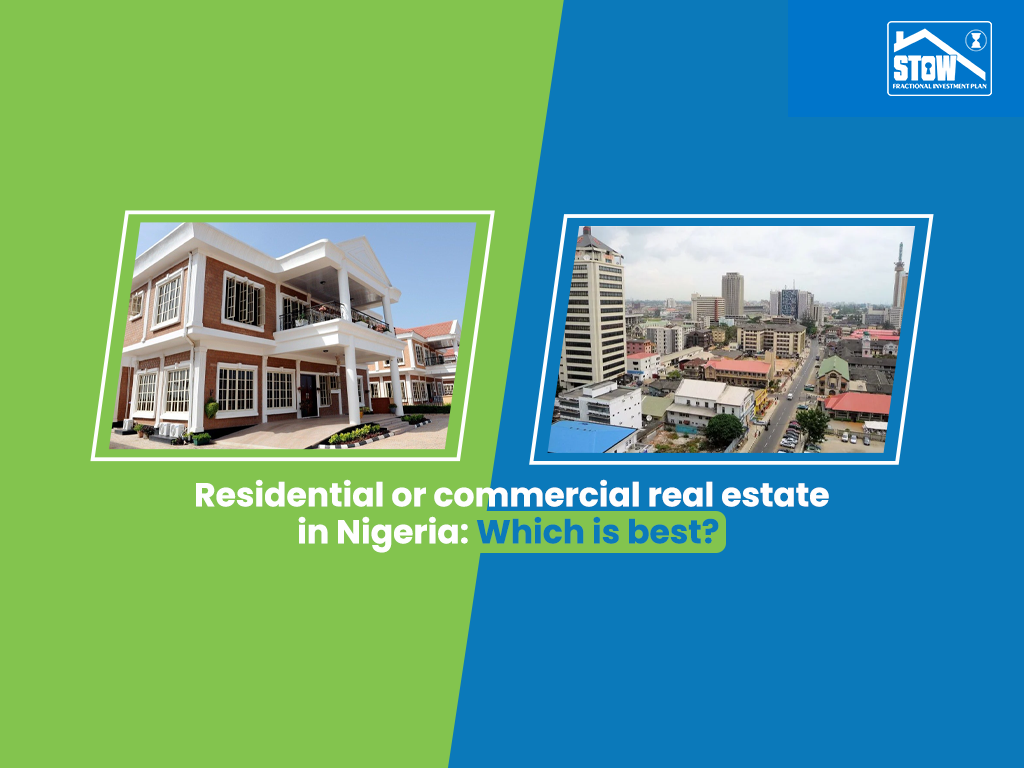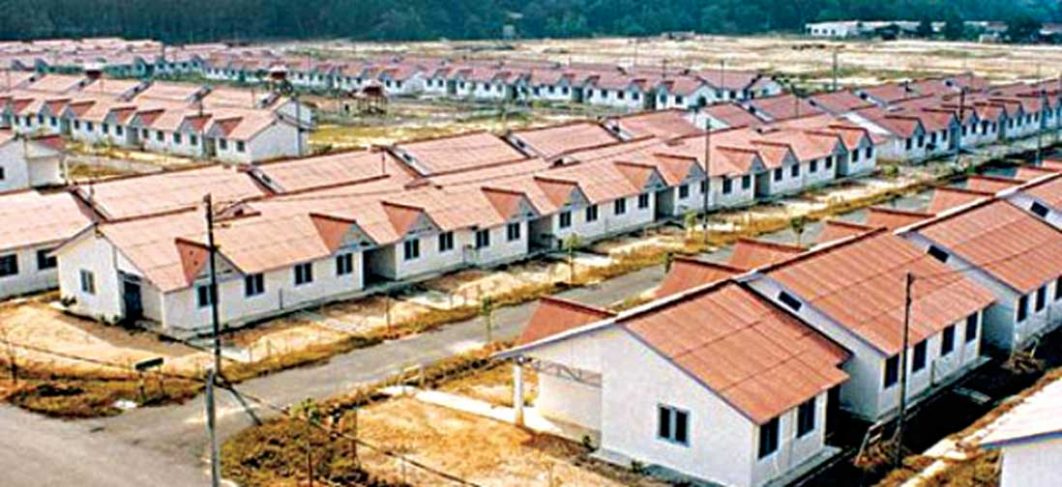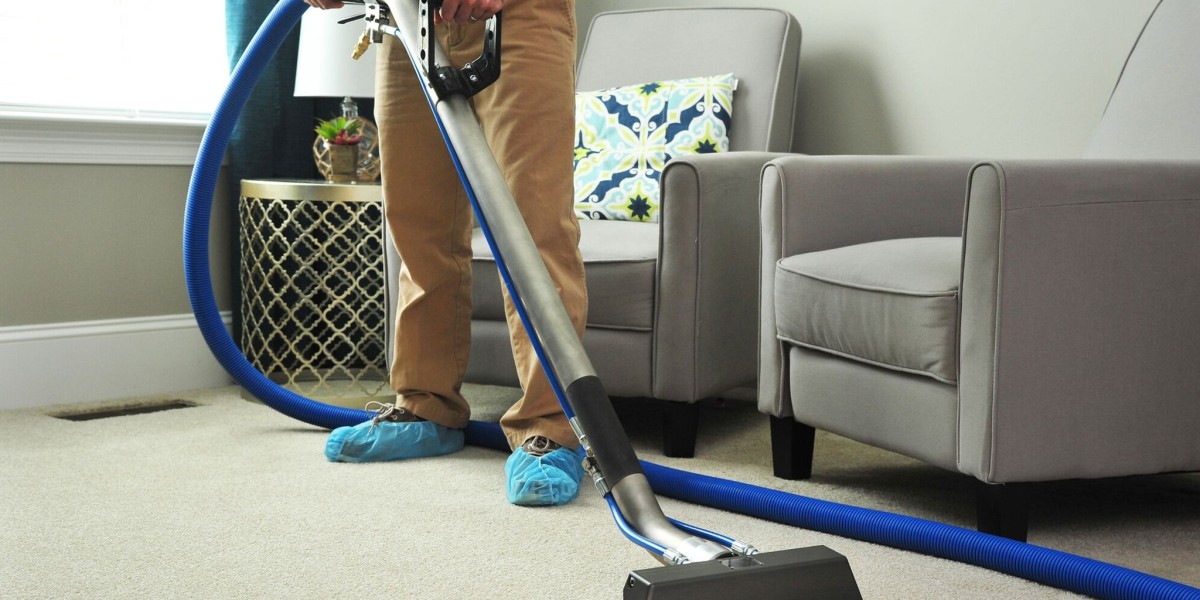Losing your home doesn't happen overnight. It's a procedure, and comprehending how it works can be the difference in between financial catastrophe and a new beginning.
So, what is REO foreclosure? Put simply, it's when a home that has gone through foreclosure ends up being the residential or commercial property of the lending institution, usually a bank, after stopping working to cost auction.

But there's so much more to it. Whether you're at risk of foreclosure or simply curious about how it works, this guide will assist you navigate the steps, unmask myths, and explore your options so you can remain in control.

If you are aiming to sell your home quickly to a Chicago home purchaser, Fantastic Homes purchases homes with no costs, no commissions, and no inconvenience! Contact us today for a no-obligation cash deal!
To understand your alternatives as a homeowner, it's essential to understand precisely what is REO foreclosure and how it varies from a standard foreclosure.
Understanding REO Foreclosure and How It Affects Homeowners
What Does REO (Real Estate Owned) Mean?
What is an REO foreclosure? It means "Real Estate Owned," which refers to a residential or commercial property that the bank owns after the foreclosure procedure is complete.
If no one buys the residential or commercial property at the foreclosure auction, it immediately returns to the lending institution. Unlike conventional home sales, REO residential or commercial properties are often listed at a lower cost to offer quickly. For the bank, keeping the residential or commercial property is a liability-not a property.
What is the difference between REO and foreclosure?
The terms "REO" and "foreclosure" relate but refer to various phases while doing so.
Foreclosure is the legal process where a loan provider takes ownership of a residential or commercial property after the house owner defaults on their mortgage. It starts with missed payments and can end with the home being auctioned to recuperate the unpaid financial obligation.
REO (Real Estate Owned) refers to what happens when the home doesn't cost the foreclosure auction and the bank officially takes belongings of it. To put it simply, all REO homes have been through foreclosure, but not all foreclosures end up being REO residential or commercial properties.
How Homes Become Bank-Owned
A home becomes bank-owned after the property owner defaults on their mortgage, the loan provider reclaims the residential or commercial property through legal proceedings, and no buyer advances throughout the auction.
The auction is the bank's very first effort to recoup its losses, but if the bids are too low, the bank keeps the residential or commercial property. That's the answer to what is a REO foreclosure property-a home that transitions from a standard foreclosure to bank-owned status.
Why Homes Wind Up in Foreclosure
There are numerous factors a home might go into foreclosure-job loss, medical emergencies, or simply falling back on payments due to increasing costs.
When mortgage payments become uncontrollable, property owners may feel trapped. Understanding this early can empower house owners to act before losing control of the process totally.
If you're facing a similar scenario, think about offering your home for cash to a trusted genuine estate representative in Chicago to minimize stress and regain control of your life and finances!
The Foreclosure Process: What Every Homeowner Should Know
The foreclosure timeline can be frustrating, however we're simplifying to make it simpler to understand.
Pre-Foreclosure Stage: The Warning Signs of Default
The first phase of foreclosure begins when mortgage payments are missed out on.
At this point, you'll generally receive late notifications, charges, and warnings from the lender. It's vital to act during this phase-lenders frequently prefer working out a service instead of continuing with foreclosure.
Options like loan forbearance (a short-lived postponement of primary loan payments) or payment plans may still be on the table.
By acknowledging the early indications of financial distress and knowing what is REO foreclosure, you can take actions to avoid your home from reaching this phase.
What Happens at a Foreclosure Auction
When pre-foreclosure negotiations stop working, the lender progresses with a foreclosure auction.
These auctions are public occasions where the home is auctioned off to the highest bidder. However, lots of auctions lead to no sale since the starting quote is frequently set at the amount owed on the mortgage plus fees. If no one meets that price, the home ends up being bank-owned.
When the Bank Takes Ownership: REO Status
Once the bank takes ownership, the home ends up being part of the bank's real estate inventory. The bank clears any liens or debts attached to the residential or commercial property and prepares to sell it-this is the result of what is a REO foreclosure.

However, banks typically note these residential or commercial properties "as-is," indicating the bank isn't accountable for making any repair work or improvements.
At Fantastic Homes, we'll purchase your home before it reaches this stage, in as-is condition. This means you can prevent the stress of repair work, upgrades, or the risk of foreclosure completely, making your home-selling experience quickly, simple, and stress-free!
What Is REO Foreclosure And What Happens to a Home Once It Becomes REO?
Among the reasons understanding what is REO foreclosure is vital is that it permits you to do something about it before your lender notes the residential or commercial property as an REO sale.
The Bank's Priorities After Taking Ownership
Banks aren't in business of owning homes. Once a residential or commercial property becomes an REO, the bank's main objective is to sell it as quickly as possible to recover their losses.
To attain this, they might list the home with a real estate agent or through REO-specific platforms.
Why Banks Sell REO Properties "As-Is"
What is a REO foreclosure sale like? The bank normally will not make repairs or updates before listing the home, even if it's in poor condition. Instead, they sell "as-is" to prevent extra costs.
This can be a double-edged sword-while the price might be lower, purchasers need to consider the cost of restorations.
How Long REO Properties Stay on the marketplace
The time it requires to offer an REO residential or commercial property depends upon a number of elements, including its place, condition, and the local property market.
In many cases, REO homes rest on the market for months and even years if they remain in bad condition or priced too high.
Common Misconceptions About REO Homes
"Banks Will Fix Everything" - The Truth About Repairs
Among the most significant misunderstandings is that banks will repair an REO home before selling it.
This is almost never ever real. Banks intend to lessen their costs, so purchasers often face costly repair work. It is very important to get a home examination before making a deal.
Why Some Homes Sit Vacant for So Long
Vacant REO homes might sit for extended durations due to extensive damage, high asking costs, or restricted purchaser interest.
Long jobs can lead to extra issues like vandalism or weather-related degeneration.
The Reality of Discounted Prices
While REO homes are frequently listed below market price, the total expense can accumulate when you aspect in repairs and charges.
Buyers searching for a deal should consider the true expense of bringing the home back to livable condition.
How an REO Home Affects the Former Homeowner
Financial Impact of Losing a Home to Foreclosure

Foreclosure can devastate your credit score, making it tough to secure loans, lease a new home, or even open charge card.
A foreclosure remains on your credit report for as much as 7 years, restricting financial choices during that time.
Emotional and Practical Challenges After Foreclosure
Losing a home isn't simply a monetary loss-it's a psychological one.
The uncertainty of where to live next and the stress of leaving a familiar area can take a toll on households.
To prevent this frustrating experience, consider taking action as quickly as you expect that you're at risk of foreclosure. Selling your home for money to Fantastic Homes at a fair market value can help you gain back control and move forward with self-confidence.
Options to Rebuild After Foreclosure
Rebuilding after foreclosure starts with financial education and support. Credit therapy services can help create a strategy to recover credit reliability, and numerous occupants transition into rent-to-own homes to reconstruct stability.
Options to Avoid REO Foreclosure
Many property owners at danger do not completely comprehend what is REO foreclosure and assume that once the process starts, they have no control-but this isn't real.
Communicating with Your Lender Early
Lenders prefer to prevent foreclosure-it's costly and time-consuming.
Reach out early to go over choices like forbearance (a momentary arrangement in between a lender and a borrower to pause or lower their mortgage payments), loan restructuring, or a payment plan.
Early interaction can open doors to options that keep you in your house.
Loan Modification and Repayment Plans
A loan modification adjusts the loan's terms, such as lowering the rate of interest or extending the repayment period.
Repayment strategies permit you to capture up on missed payments over time instead of at one time.
The Benefits of a Short Sale Before Foreclosure
A short sale happens when a property owner offers their home for less than the staying mortgage balance, with the lending institution's approval, before foreclosure is completed.
This choice can be a lifeline for homeowners having a hard time to stay up to date with payments. Short sales generally have a smaller effect on credit rating compared to a full foreclosure, making it simpler for homeowners to restore their financial future.
Additionally, a short sale enables house owners to leave the circumstance on their own terms, preventing the tension and stigma often associated with foreclosure.
Selling Your Home to Avoid Foreclosure
What It Means to Sell "As-Is" for Cash
Selling 'as-is' suggests you do not have to invest a dime on repairs or upgrades.
Chicago money buyers like Fantastic Homes will buy your home precisely as it is, saving you both time and trouble.
How Fantastic Homes Makes the Process Easy
Fantastic Homes simplifies the home-selling process with all-cash offers, no representative commissions, and no closing expenses.
Our group deals with everything, consisting of documentation and costs.
Advantages of Selling Quickly for Cash
A fast cash sale can help you prevent foreclosure, conserve your credit, and offer you the financial versatility to start fresh.
The Risks of Waiting Too Long to Act
Accruing Fees, Penalties, and Legal Expenses
The longer you wait, the more penalties, late costs, and legal expenses stack up.
Damage to Your Credit Rating After Foreclosure
Foreclosure can drop your credit rating by numerous points, making it difficult to secure housing or loans in the future.
The Stress of Foreclosure Proceedings
Foreclosure procedures are demanding and can take months, including psychological pressure to a currently tough situation.
Why Selling Your Home for Cash May Be Your Best Option
Save Time and Avoid Repairs
When you sell your home for cash, it's acquired "as-is," meaning no expensive repairs or upgrades are needed.
This process gets rid of the stress of fixing problems, staging your home, and handling several provings. Instead, you can skip straight to closing, saving both time and money.
No Agent Commissions or Hidden Fees
Cash sales remove representative commissions and other costs that consume into your home's worth.
A Fast Closing Process on Your Timeline
Fantastic Homes provides flexible closing dates, letting you sell your home when it's convenient for you.
Frequently Asked Questions About Selling to a Money Buyer
Will I Get a Fair Offer?
Yes! Cash purchasers like Fantastic Homes make deals based upon fair market value and the condition of your home.
Do I Need to Clean or Fix the House First?
No. Fantastic Homes buys residential or commercial properties "as-is," so you don't require to clean, stage, or make repair work.
What if I'm Behind on Mortgage Payments?
Selling quickly for cash can cover your outstanding mortgage balance and assist you avoid foreclosure entirely.
How Fantastic Homes Supports Homeowners in Difficult Situations
Helping Homeowners Avoid Foreclosure
Fantastic Homes offers options tailored to each property owner's unique requirements, helping them prevent foreclosure and financial destroy.
Personalized, Compassionate Service
Fantastic Homes takes a thoughtful method, directing you every step of the way throughout a tough time.
Covering Closing Costs to Lighten Your Burden
Fantastic Homes covers all closing costs, so you don't have to fret about extra expenditures.
Ready to Explore Your Options? Contact Fantastic Homes Today!



